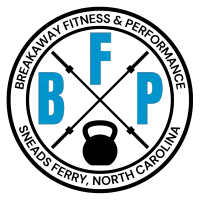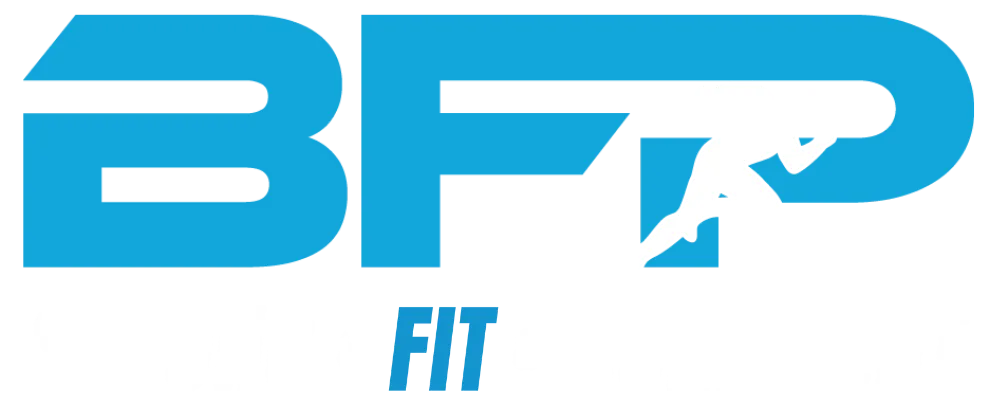WEIGHT LOSS & FITNESS BLOG

Emotional Eaters: Let’s Call It What It Is
I’m back! Back with the second installment for emotional eaters. Maybe you took a bit of time to read my blog from last week : Emotional Eaters: This Is For You. I’ll be honest, that one went a different direction than I had planned but it’s leading to some good stuff and research headed your way on emotional eating so buckle up and let’s go!
Emotional Eaters: Let’s Call It What It Is. BTW, I eat my way through my emotions quite often so I’m speaking to myself as much as anyone else.
“Emotional eating isn’t just a thing you do. Emotional eating is disordered eating.”
There. I said it. Now, before you think I might be attempting to get out of my scope of practice and headed down a path of diagnosing eating disorders, I’m not. Notice the difference in words. I said “disordered eating” not “eating disorder”. Again, in my blog from last week, I mentioned that using the way you eat to define “who you are” might be a version of disordered eating in and of itself. Living by stating “I’m paleo” or “I’m keto” or “I’m a Crossfitter” isn’t who you are. So, the same goes for eating disorder. The term eating disorder tends to be something of a tag or label. It takes behaviors and gives them almost a pathological or clinical dysfunction thus giving off a sense of “I cannot change”. As Precision Nutrition puts it, and we tend to agree, we like to focus on the good in our clients. So, we decided to go with disordered eating as it highlights the behavior and behaviors, can be changed.
WHAT IS DISORDERED EATING?
Any type of eating that doesn’t match physiological needs
Eating behaviors that interfere with and harm proper physical, psychological, and interpersonal functioning
A long standing pre-occupation with food/eating/not eating
Eating behaviors that cause both distress and relief from distress
See that last one? That sound familiar? I know it does to me. I deal with this on a regular basis and I know many men and women that I’ve worked with who also do the same.
SO, WHAT’S THE PROBLEM?
The problem is the problem. The behavior is a response to the problem. Most times, the behavior is there for a good reason, it just might not be a good behavior or at least a productive behavior for your personal goals. Some reasons for these responses might include:
Avoidance of a problem that brings us pain
An escape from pain you are already experiencing
A feeling of something you can actually control
A way to self-sooth
Our brains are kind of lazy. When we have a problem, our brain likes to attempt to solve that problem in as easy a manner as possible. Sometimes, or really most times, the problem will be solved through more of a temporary fix than a behavior that will lead to a more long term fix.
Long term fixes take a bit more work and attention to the work being done. We will get more into that next week. Again, however dysfunctional it might be, disordered eating is there for a reason and if your goal is to create change in behavior long term, we may need some duct tape at first.
WHAT’S IT LOOKS LIKE
It looks like me, or you, or anyone else. Disordered eating is a multi-dimensional buffet of feelings, thoughts, behaviors, and personal narratives. Some of these behaviors include:
Restriction and Control:
This one happens often because we all love to control what we can control. This one usually rears its ugly head in the form of yo-yo dieting. Going through periods of restricting food and skipping tons of meals (randomly skipping meals is not intermittent fasting btw) and then having periods of eating tons of food to make up for the willpower you used restricting. For more info on willpower and how it can actually “run out”, read our blog “Willpower Gas Tank”.
We might also keep very strict food logs and workout journals listing calories burned and macros eaten. These things aren’t wrong but at times, they can become more of an addiction than a productive way to get a broad view of your progress. Much like a scale for many people.
Routines and Rules:
This is your classic “this is bad and this is good” approach. These folks might have specific times they allow themselves to eat and view most foods as good or bad instead of what it is, food. Usually, this is a situation where most folks might eat really well all week, struggle through the weekend because they view certain foods as bad, and then vow to “get back on the wagon” this next week.
Anxiety and Avoidance (emotional eating in response to stress):
Most disordered eaters have a lot of anxiety. It’s not fun. It’s hard, and most of us try to avoid it. Sometimes it takes some journaling to figure out you are in this area while for others, they don’t have a clue. Often they don’t realize the house is fire while they are trying to mow the lawn (again, see last week’s blog for a deeper dive into that analogy).
Instead of attacking the underlying problem, most folks usually just answer with “I just need to eat fewer carbs” or “If I just eat a stricter Paleo diet” I’ll get where I want to go. The truth is, it causes folks more anxiety to admit when certain things involving food actually allow them to soothe anxiety so they may resist a focus on the house fire and want to mow the lawn and let the house burn instead. Mowing the lawn solves the ugly lawn problem but if the house continues to burn,the lawn won’t matter anymore.
Bingeing:
This is one that has visited me personally many a night! You get home in the evening from work, it’s been a stressful day. You avoided the doughnuts in the break room all day long and now, you HAVE TO EAT PIZZA! There is a strong urge to crush a full pizza, or 2. Almost as if it is crucial to your survival. You know it isn’t but right now, in this moment, you want to pull the duct tape out to temporarily solve a problem and crush some pizza!
That’s what makes this different from a basic overeating.
Compensation and Bargaining:
After a bout of bingeing, you might feel you need to vomit, or workout for 3 hours. You feel you have been “bad” so you decide you need to now either punish yourself or do something “good” to balance things out.
Or maybe, you enforce even stricter rules moving forward thinking they will save you from that emergency pizza binge.
Regardless of what type of disordered eating you might struggle with, know that you CAN CHANGE IT!
Next week, we will get into how to change it with a few tactics. See ya next week!
Your Friend,
Coach Joe Rouse MS, USAW1, ACSM-CEP


Are you Ready to become
sTRONG - FIT - cONFIDENT?
Click the Button To Start Your Journey Today!!


